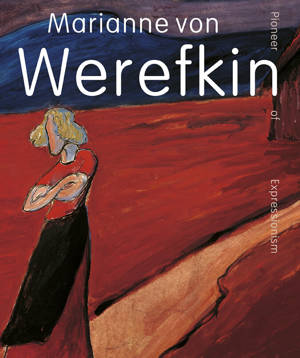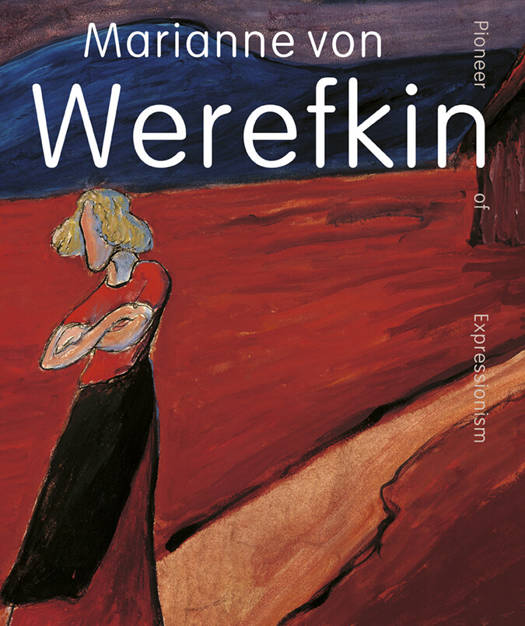
- Retrait gratuit dans votre magasin Club
- 7.000.000 titres dans notre catalogue
- Payer en toute sécurité
- Toujours un magasin près de chez vous
- Retrait gratuit dans votre magasin Club
- 7.000.0000 titres dans notre catalogue
- Payer en toute sécurité
- Toujours un magasin près de chez vous
Marianne Von Werefkin
Pioneer of Expressionism
Beatrice Van Bormann, Mara Folini, Leiko IkemuraDescription
- Dubbed the Russian Rembrandt at the age of 20, Marianne von Werefkin played a crucial role in the development of expressionism in Germany at the beginning of the 20th century
- Published to accompany an exhibition at the Museum de Fundatie, Zwolle, October 5, 2025 - March 16, 2025
Marianne von Werefkin played a key role in the development of expressionism in the early 20th century, thanks to her knowledge of the latest developments in Paris. She brought this to Germany and later Switzerland and developed a unique way of painting herself, using rhythm and color to convey her vision and emotions. Social themes, such as the lives of workers and women, remained of great importance to her. Werefkin was at the cradle of several artists' networks, such as Der Blaue Reiter, which included her partner Alexej von Jawlensky as well as Wassily Kandinsky, Franz Marc and Gabriele Münter. Museum De Fundatie is the only museum in the Netherlands to have a work by Werefkin in its collection and, with this book, offers an overview of her colorful universe for the first time in the Netherlands. Several essays give a multifaceted impression of the life, work and significance of one of the greatest art innovators of the last century.
Spécifications
Parties prenantes
- Auteur(s) :
- Editeur:
Contenu
- Nombre de pages :
- 128
- Langue:
- Anglais
Caractéristiques
- EAN:
- 9789462625808
- Date de parution :
- 28-01-25
- Format:
- Livre relié
- Format numérique:
- Genaaid
- Dimensions :
- 241 mm x 289 mm
- Poids :
- 453 g

Les avis
Nous publions uniquement les avis qui respectent les conditions requises. Consultez nos conditions pour les avis.






